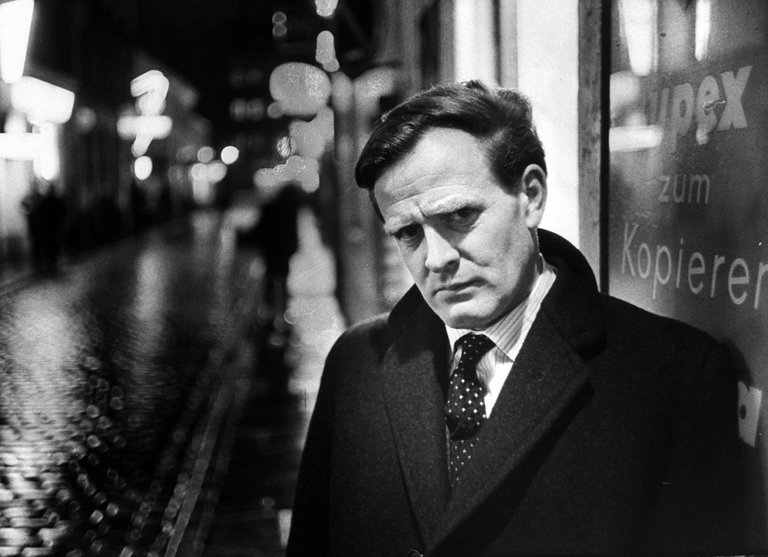Books |
John le Carré: The Pigeon Tunnel: Stories from My Life
By
Published: Sep 05, 2016
Category:
Memoir
John le Carré has described himself as a liar: “Born to lying, bred to it, trained to it by an industry that lies for a living, practiced in it as a novelist.”
I’m a huge fan, as my reviews of The Spy Who Came in from the Cold and A Delicate Truth and Our Kind of Traitor testify.
But those lines about lying? Too clever by half.
Fiction is how we tell stories we couldn’t accept as non-fiction, because a reader would say there’s just no way that life happens like that. For example, who is more honorable, the king of Russian money-launderers or a London banker? The correct answer, based on evidence from the 2008 banking crisis, might well be the Russian. You’d never buy that. But in “Our Kind of Traitor?” No problem. [To read an excerpt from the book, click here.]
In “The Pigeon Tunnel: Stories from My Life,” le Carré drops the veil and delivers true stories — a set of reminiscences that are pointed and concise and, in that way, better than a memoir. If you’re not a reader of the novels, this may not be of great interest. If you like spy stories and believe le Carré is the Shakespeare of that genre, this book is a major event. [To buy the book from Amazon, click here. For the Kindle edition, click here.]
Consider the stories he tells:
Beirut, 1982, just before the Israeli invasion, with a parrot at a hotel that could that could deliver the start of Beethoven’s Fifth
Russia, just before the Berlin Wall falls
Alec Guinness prepares to play George Smiley
Rwanda, and its museum of the dead
Yasser Arafat on New Year s Eve, 1982
A meeting with Nobel Prize winner Andrei Sakharov, and his enigmatic smile
The best of the stories are the ones you least expect: accounts of his parents. His mother left the family when he was 5 and didn’t resurface until he was 21:
I advanced down No 1 platform at Ipswich railway station for our great reunion after 16 hugless years, I could not work out for the life of me where to grab hold of her. She was as tall as I remembered, but all elbow and no huggable contours.
From the day of our reunion until she died, the frozen child in me showed not the smallest sign of thawing out. He [Ronnie. his father] was always there, which I can’t say for my mother because to this day I have no idea what sort of person she was.
Which is not to say his father was a prize:
It was Ronnie who did the hugging, never Olive. She was the mother who had no smell whereas Ronnie smelled of fine cigars and pear-droppy hair oil from Taylor of Old Bond Street, the court hairdressers.
Ronnie’s life was spent walking on the thinnest, slipperiest layer of ice you can imagine. He saw no paradox between being on the wanted list for fraud and sporting a grey topper in the owner’s enclosure at Ascot.
It follows that le Carré is hard on himself:
Is there really a big difference, I wonder, between the man who sits at his desk and dreams up scams on the blank page (me), and the man who puts on a clean shirt every morning and, with nothing in his pocket but imagination, sallies forth to con his victim (Ronnie)?
A rhetorical question. There’s a huge difference — a shelf of great books.


